In many applications this type of pump is preferred even to the more traditional piston metering pump as it offers high reliability and clean operation. Used in aerospace, avionics, medical, pharmaceutical, fuel, chemical, laboratory and research industries, the bellows pump operates in a fairly simple two part process. Read More…
Since 1886, John Blue has been a trusted pump company for agriculture and industrial applications. With over 136 years of experience, John Blue has gained a reputation as a quality manufacturer of piston metering pumps, 12-volt pumps and chemical injection pumps. We provide dependability and versatility, while serving various industries. John Blue pumps are “Guaranteed To Do The Job”.
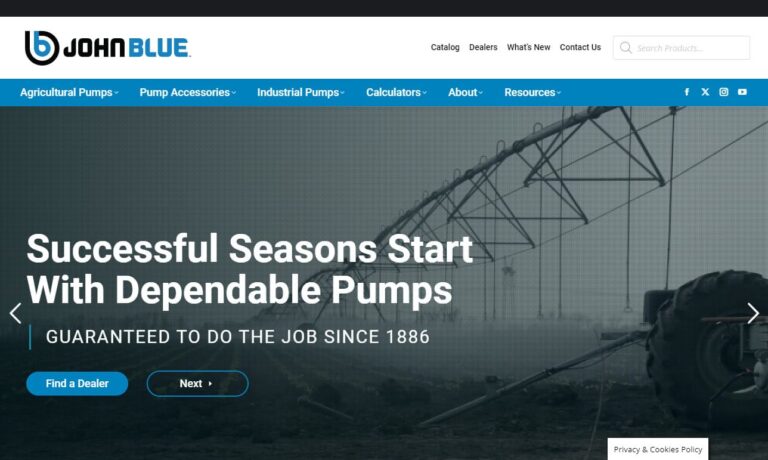
Dewco Controlled Fluid Solutions has been serving industry with fluid metering and control equipment since 1974. With established product lines including metering pumps and solenoid valves among many other products, DEWCO provides quality components for both wholesalers and end users. Our complete system capabilities and repair services mean we can meet your every need quickly and efficiently.
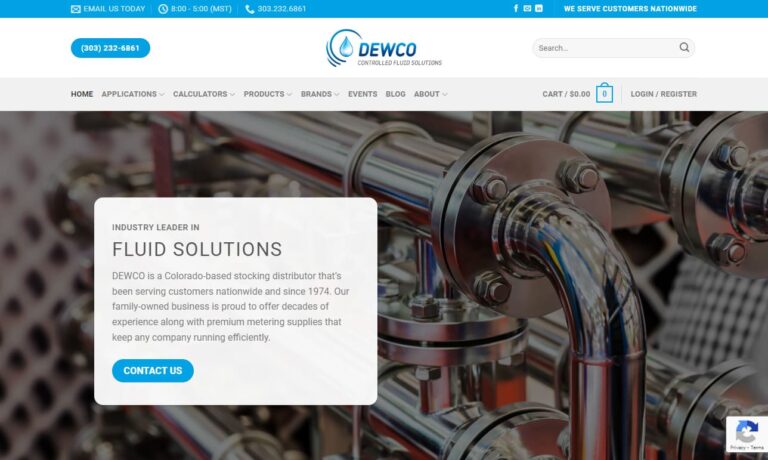
LEWA is your global supplier of metering pumps, process diaphragm pumps and packaged systems. We strive for a close partnership with customers to ensure your complete satisfaction from initial consultation to continuing service and repair, spare parts supply, maintenance and training. A leader in highly precise and high performance pumps, LEWA works with you to find the best component for you.
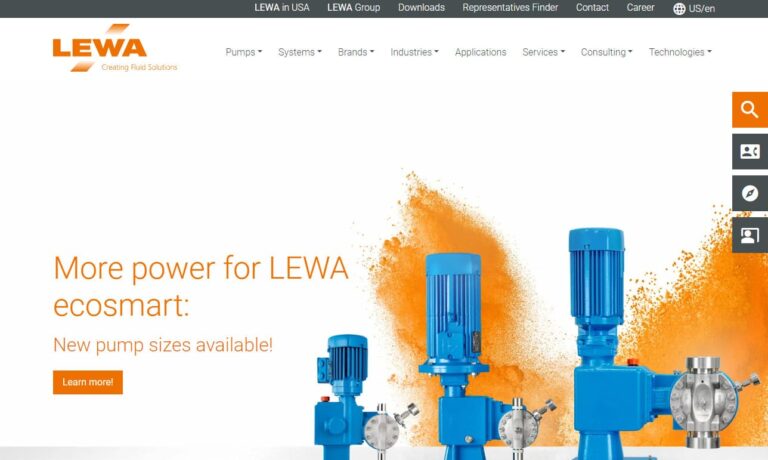
As one of the oldest manufacturers of metering pumps, Randolph has maintained a loyal following by delivering "rugged, reliable and simple to use" products. Randolph machines all the components of its pumps to its exacting specifications and extrudes its own tubing. The Randolph pump can be found working in industries such as printing, food, pharmaceutical, nuclear and wastewater.
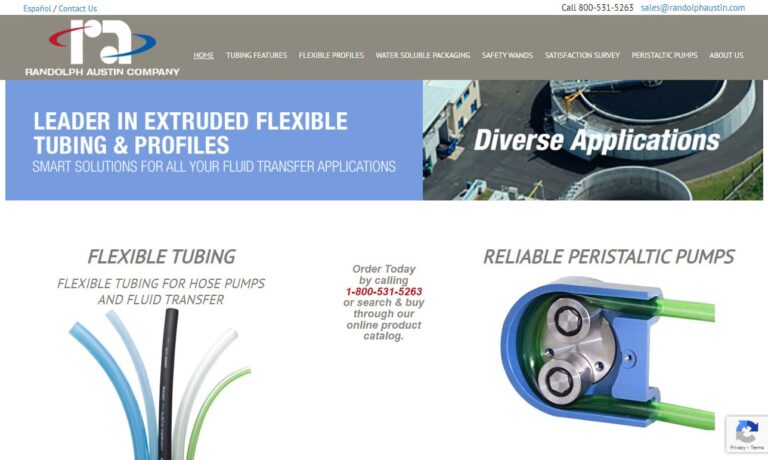
More Bellows Pump Manufacturers
The first part of a bellows pump mechanics are the rotations or oscillations of an attached motor shaft extending the bellows, creating a vacuum effect which draws fluid in from a reservoir. The inlet valve functions only in one direction, as does the outlet valve in order to eliminate contamination or inaccuracy due to backflow. The continued movement of the motor shaft then retracts the bellows, compressing the material and displacing the fluids which are exhausted through the aforementioned outlet valve. A relatively simple process, bellows pumps can be manual or automatic and offer precision fluid metering with clean and quite operation.
Double and triple bellows systems further the possibilities of this particular type of pump as they allow the handling of hazardous, toxic, corrosive and abrasive materials in addition to fluids such as water, oil and medicine. Introducing a precise amount of fluid with each cycle, these metering systems provide a consistent amount of fluid into a continuous flow stream ensuring the homogeneity of the final process stream. With the capacity to operate for over 10,000 continuous hours without particle shedding or other contamination, bellows pumps offer limitless metering possibilities.
The simple operation of the bellows pump is accompanied by a fairly simple design which is often recognizable in medical apparatus which use the pump to carefully and continuously deliver doses to patients intravenously. The bellows themselves act as the pump head, or the compartment into which the intake fluid enters. The drive shaft is attached to one end of the bellows, with the other connected to a stable plate positioned in the flow line. On one side of the stationary end is the intake valve while the outlet is on the opposite.
While the bellows themselves may be made through electroforming, chemical deposition and mechanical forming; welding together stamped contoured diaphragms is the most popular production method for metal bellows while plastics may be stitched, sewn or molded. Common metals include aluminum, stainless steel, copper and titanium. Plastic materials such as laminated polyester, treated synthetic fabric, rubberized fabric and polyvinyl chloride are used as well.
The check valves are made of similar materials as they too must be suited to the composition of the liquid being metered. The motor is the most variable aspect of the bellows pump as it may be electric or fuel based, or altogether lacking as foot or hand pedals may also be used to enact bellow extension and retraction, though not in timed applications. Additional considerations for bellows pumps include operating pressure, flow and temperature ranges as well as stroke, size and efficiency.

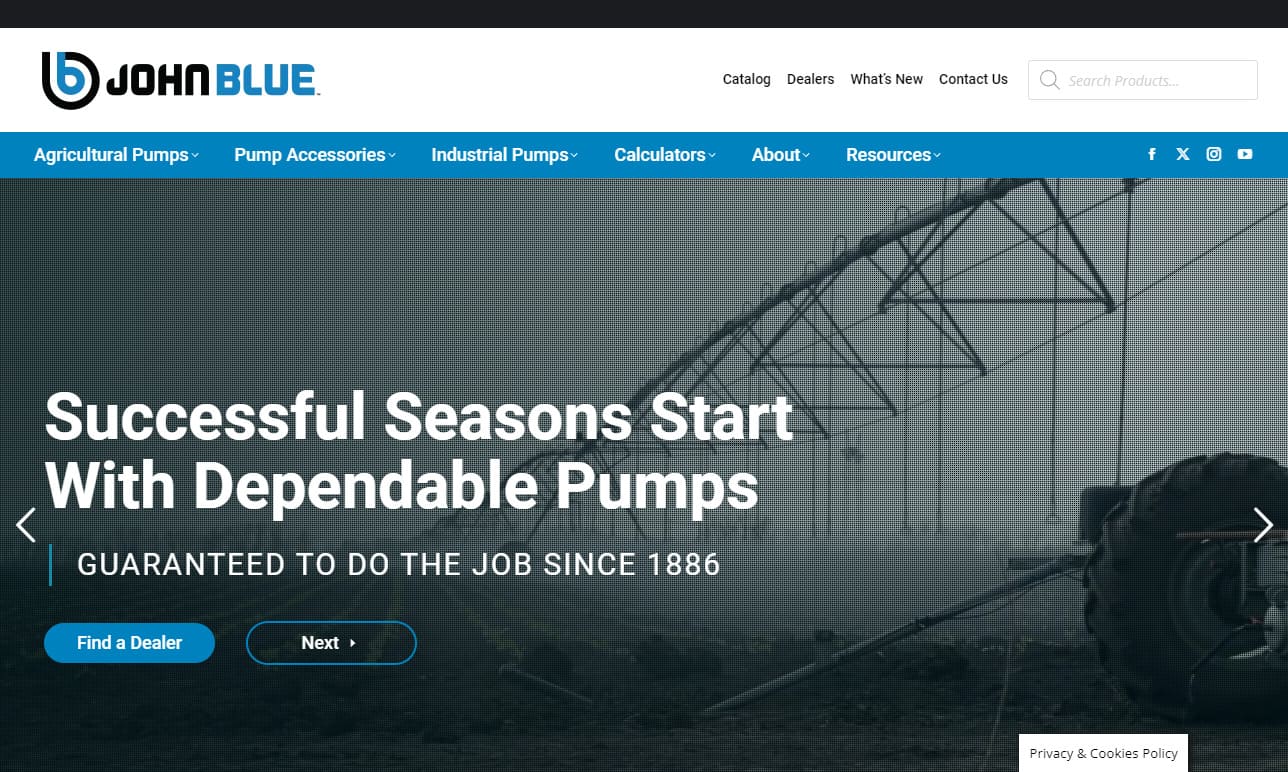
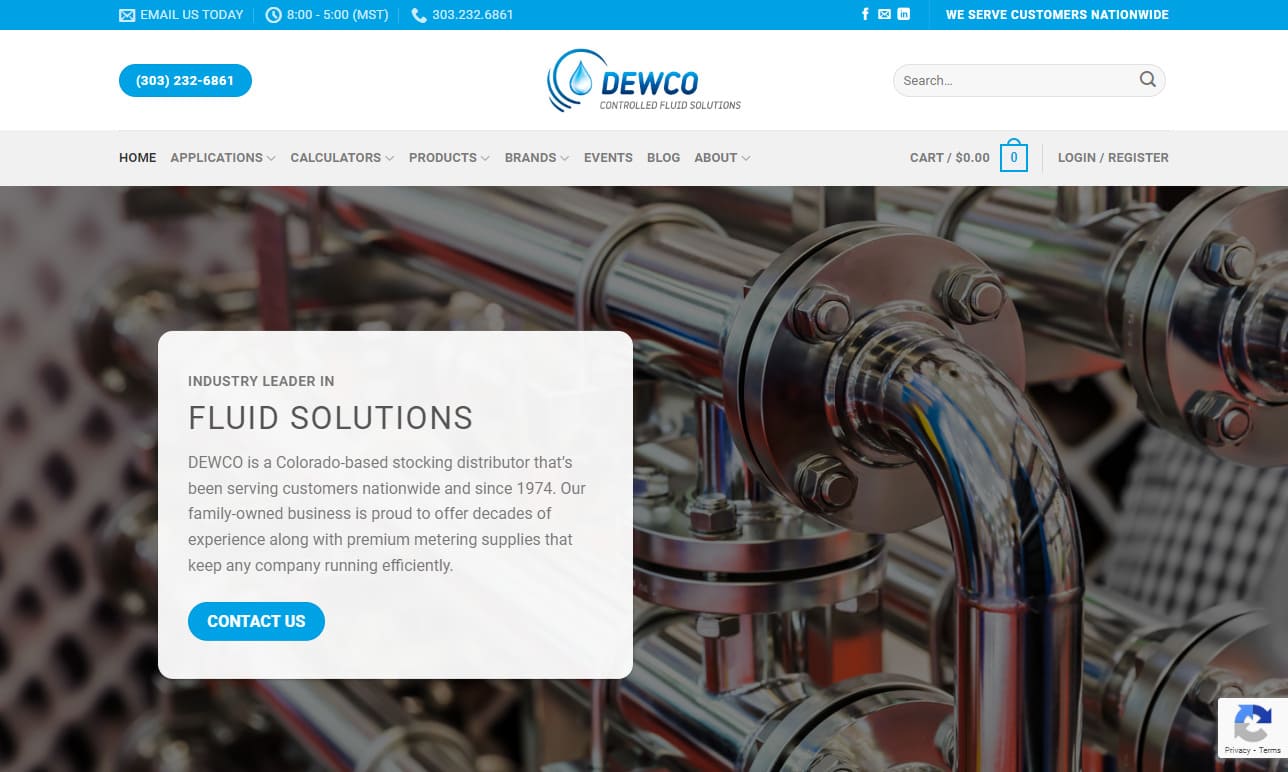
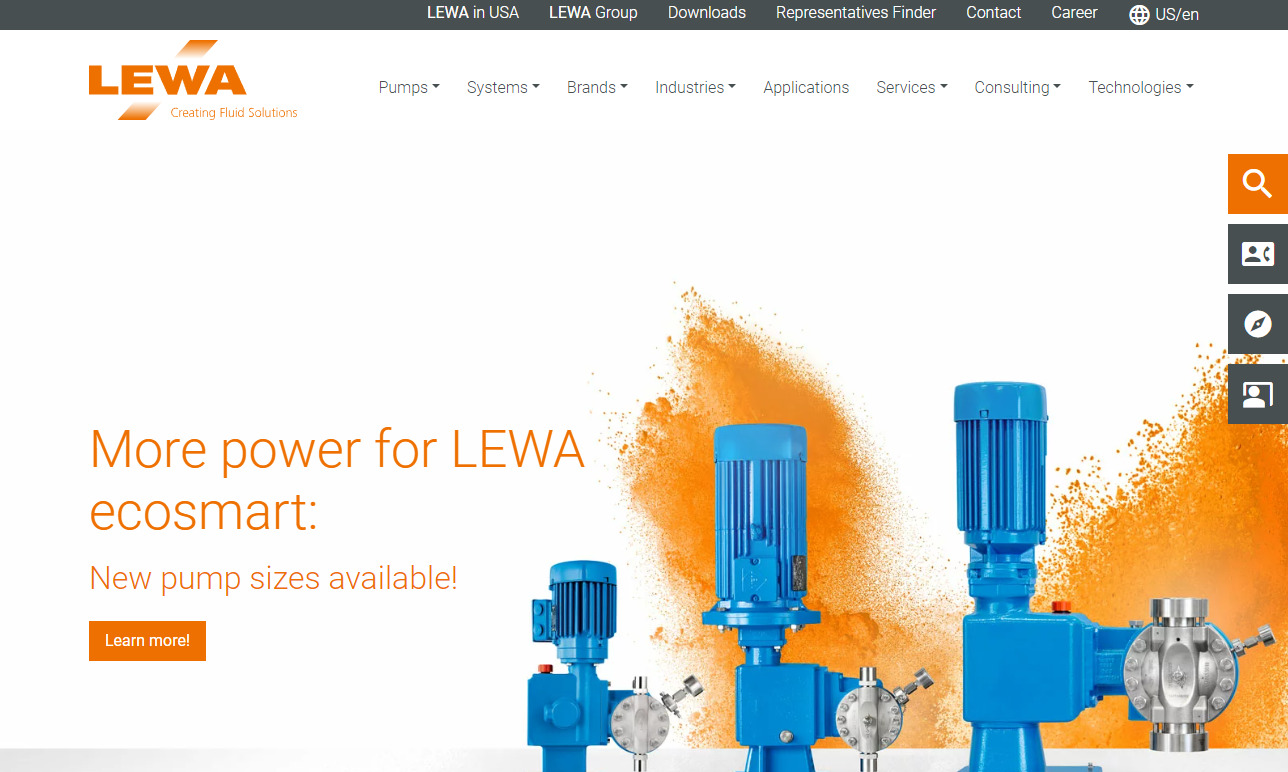
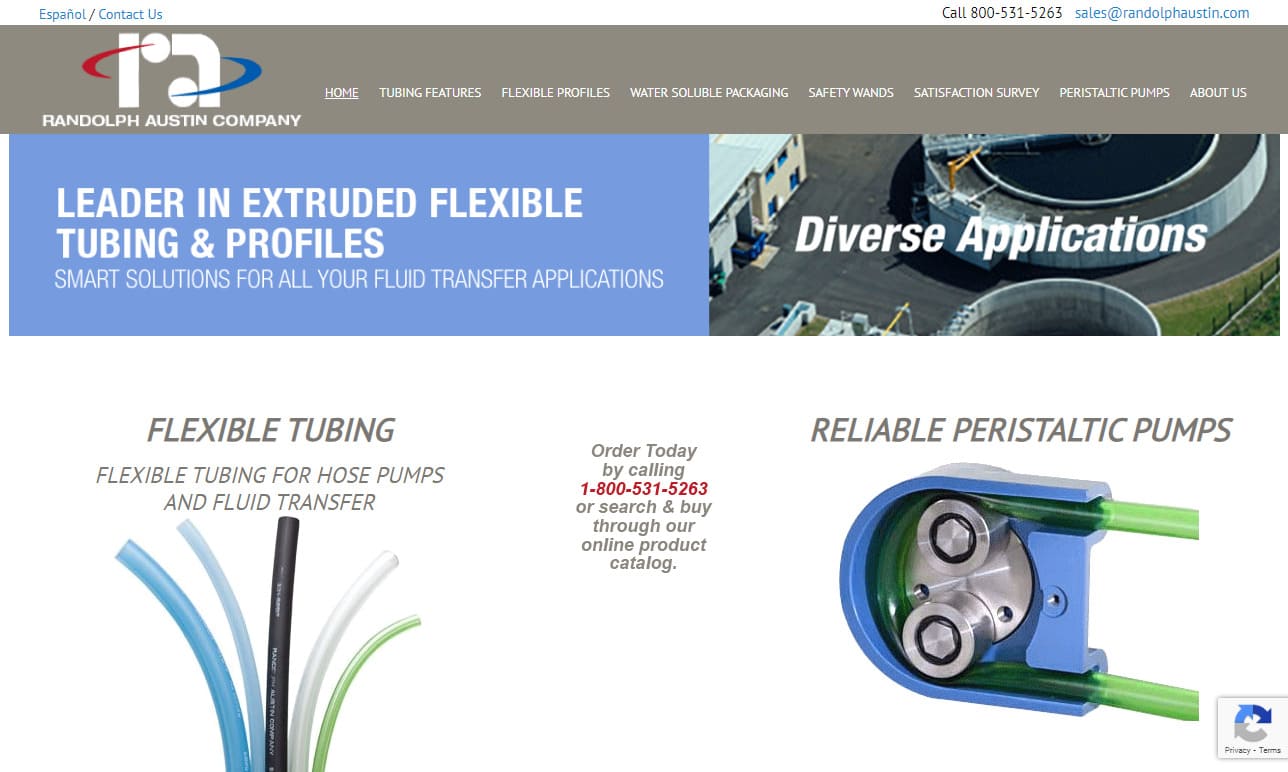
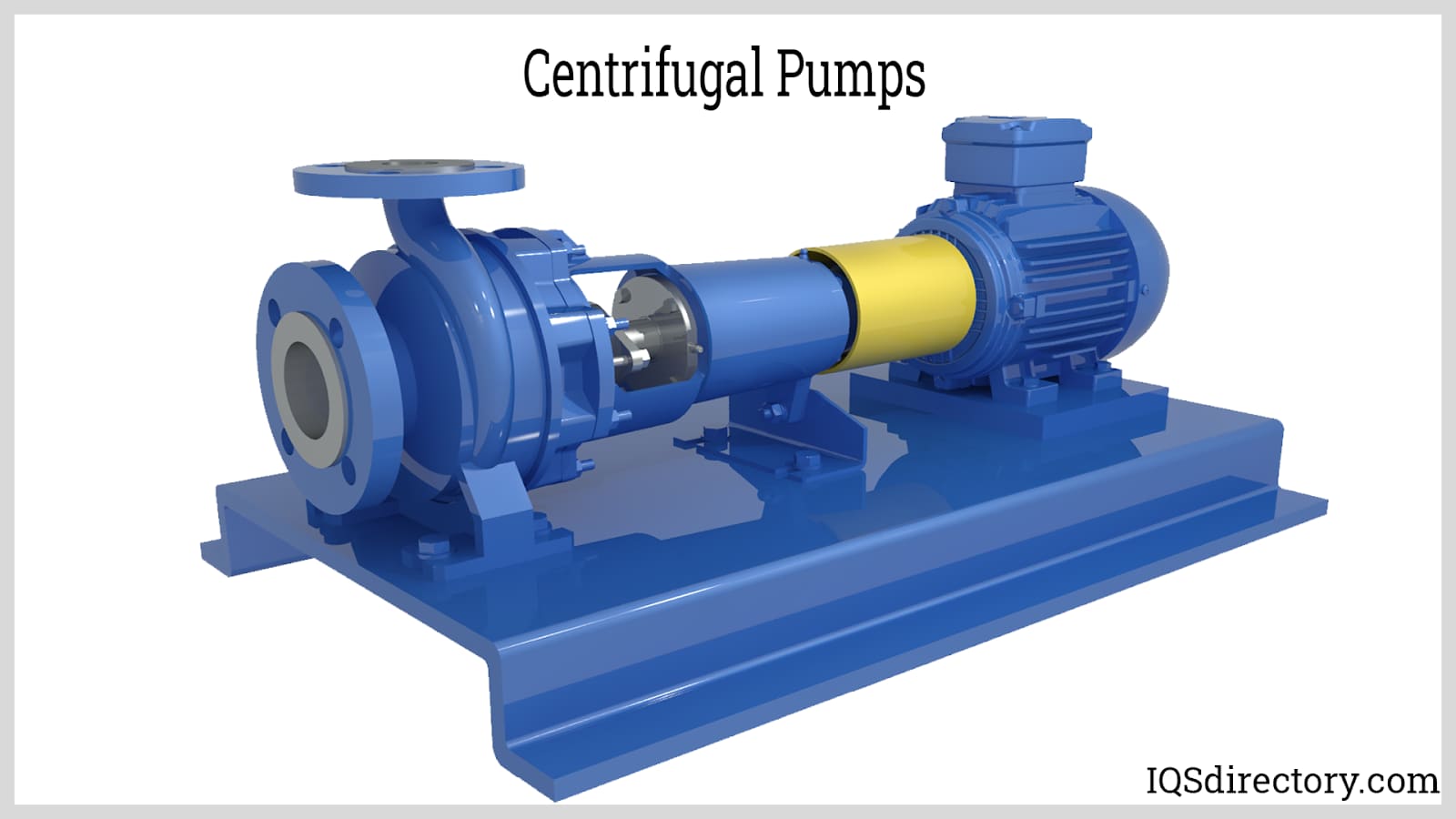
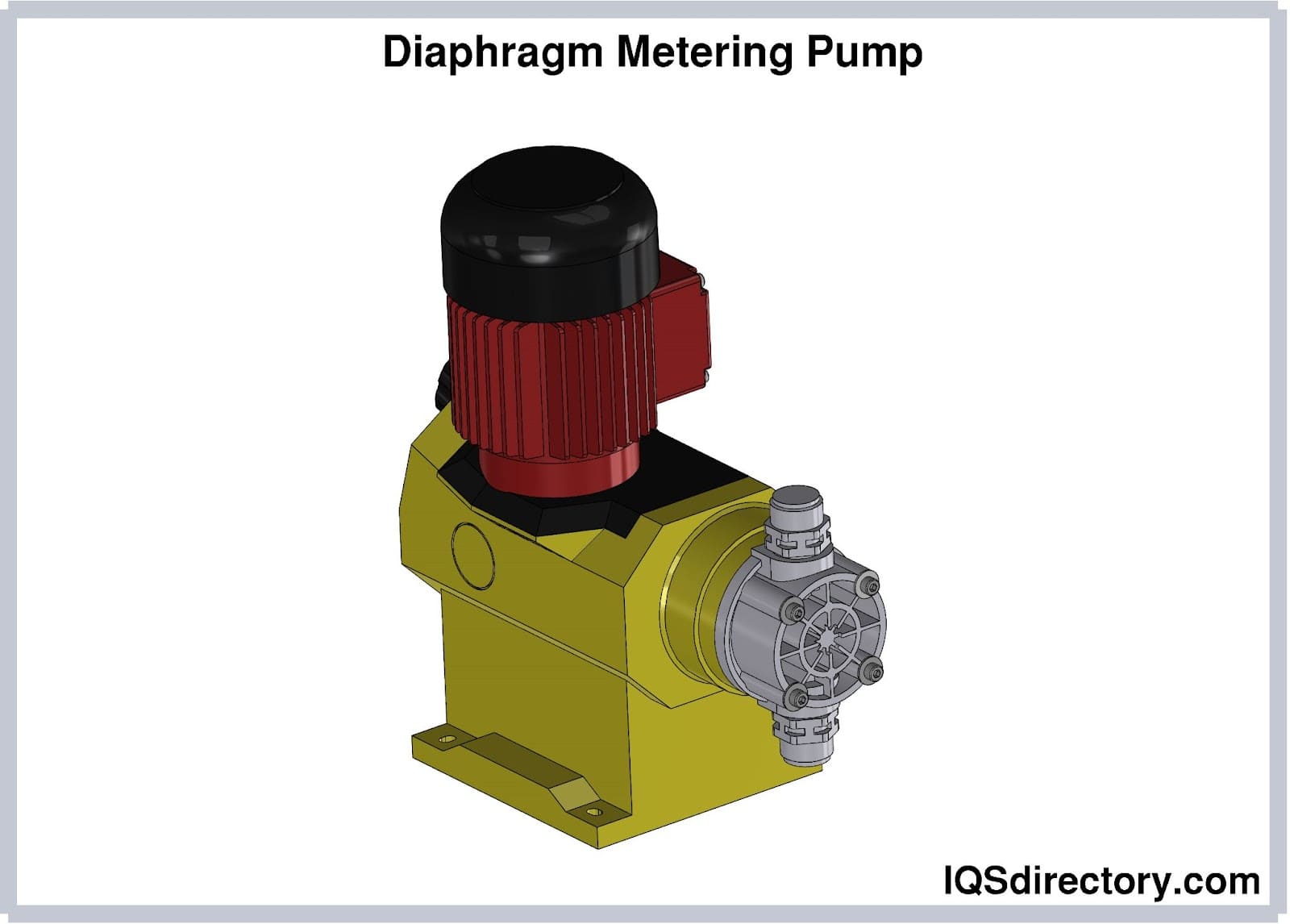
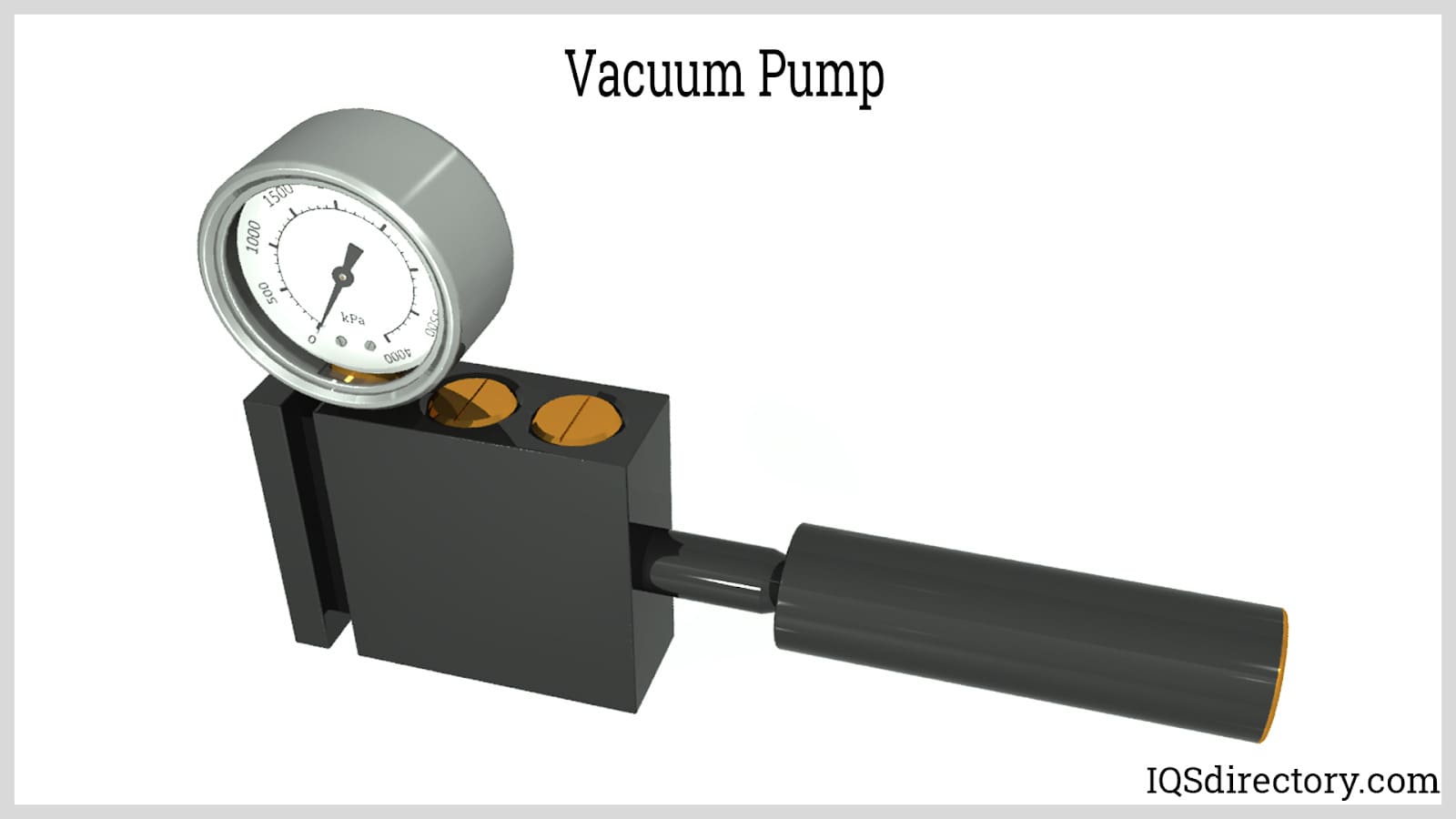
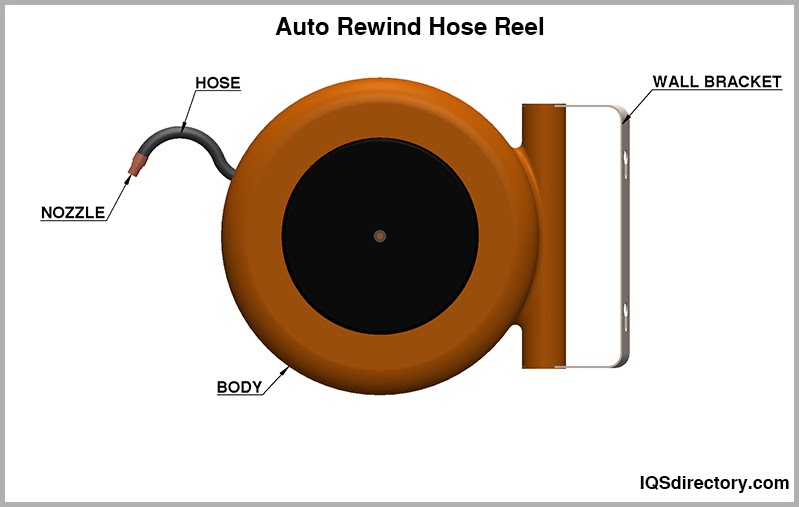

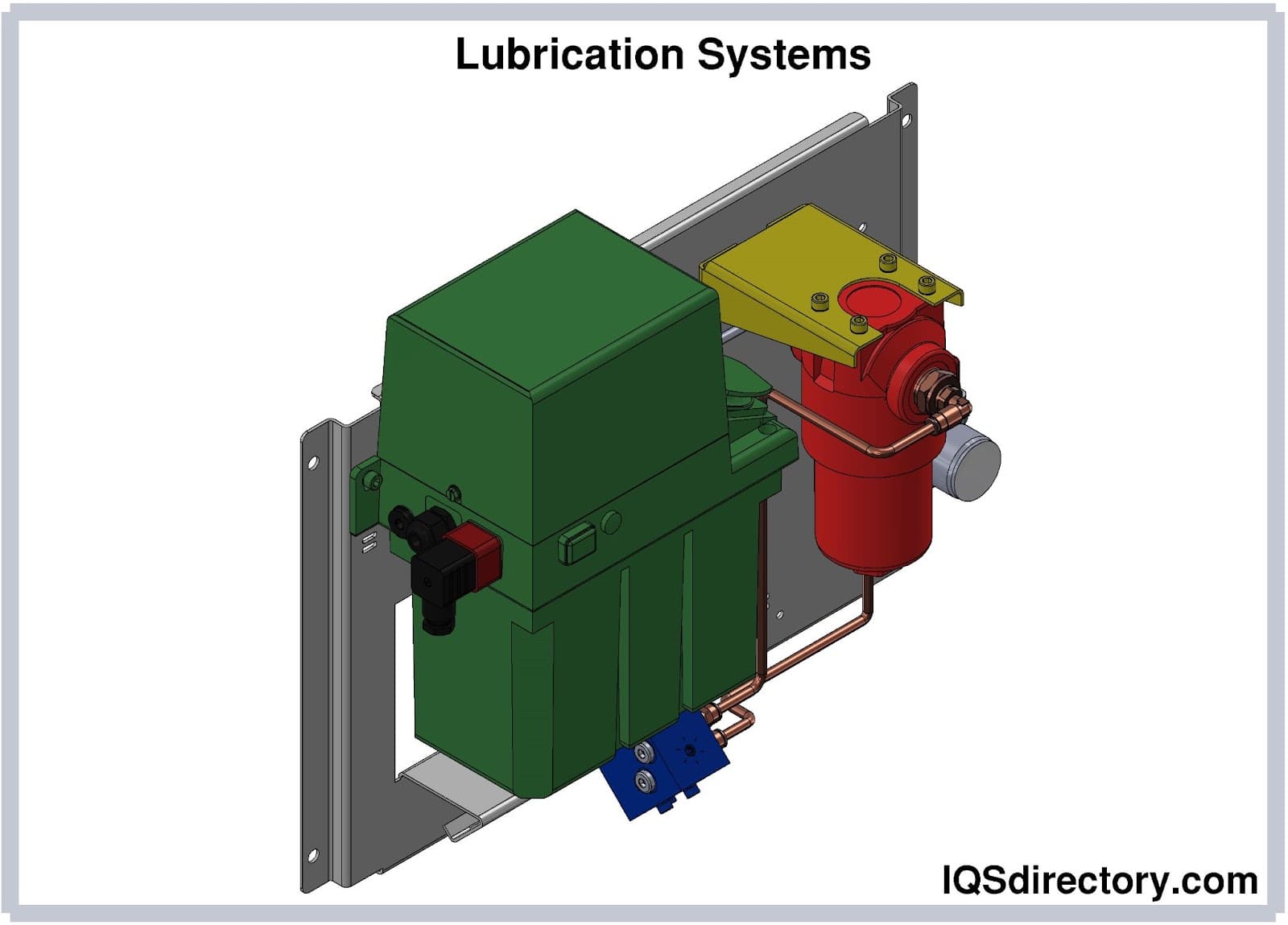
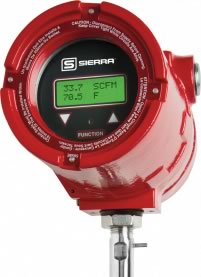 Flow Gauges
Flow Gauges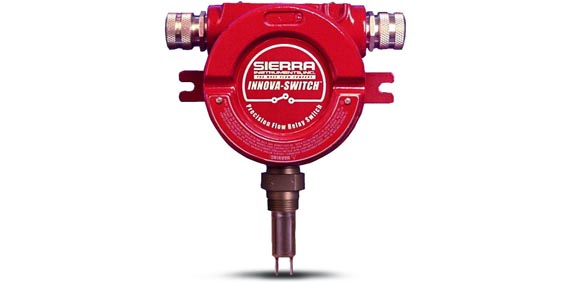 Flow Indicators
Flow Indicators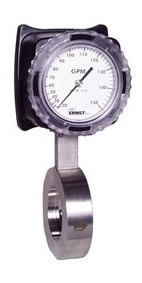 Flow Meters
Flow Meters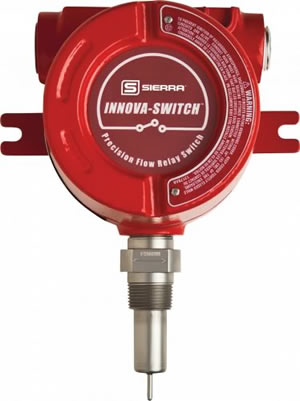 Flow Switches
Flow Switches Castings & Forgings
Castings & Forgings Bulk Material Handling
Bulk Material Handling Electrical & Electronic Components
Electrical & Electronic Components Flow Instrumentation
Flow Instrumentation Hardware
Hardware Material Handling Equipment
Material Handling Equipment Metal Cutting Services
Metal Cutting Services Metal Forming Services
Metal Forming Services Metal Suppliers
Metal Suppliers Motion Control Products
Motion Control Products Plant & Facility Equipment
Plant & Facility Equipment Plant & Facility Supplies
Plant & Facility Supplies Plastic Molding Processes
Plastic Molding Processes Pumps & Valves
Pumps & Valves Recycling Equipment
Recycling Equipment Rubber Products & Services
Rubber Products & Services